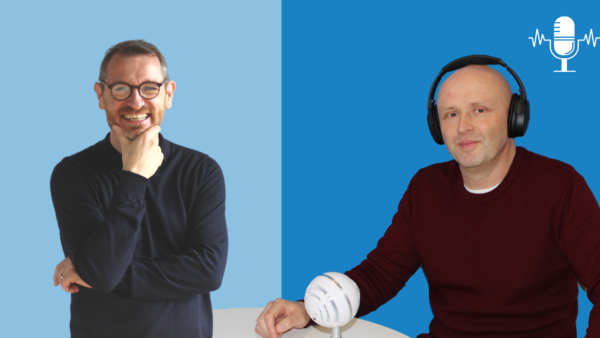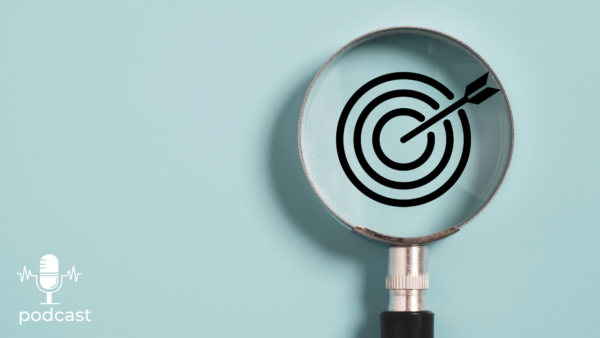Let me ask you this…
When you take a break from work how well do you prepare yourself to have the break you want?
and then how well does it go, when you come back to work?
Let’s talk about how you can get it as good as it can possibly be.
Starting with pre-holiday, generally speaking, people look forward to their holiday, or forget that it’s happening at all, and then in the last few days before the holiday, they go into panic mode about how much they need to do before they go and then have this frenzied experience right up to the last minute where they try and do as much as possible before they leave.
They think…
(a) the world WILL end if they leave the office without having done everything on their to-do list,
(b) 14 million things will be waiting for them to do when they get back
(c) the actual real issue here is the crushing feeling of guilt of going away at all and leaving what they’ve been doing for other people to pick up
So any or all of those things might apply to you and to be honest at one time or another, they’ll describe all of us to some degree.
But is this really the best way to transition into holiday mode?
I have a few tips to get better prepared.
1. Take a reality check
The world isn’t really going to end when you leave the office for your break or holiday. Time’s a funny thing when you’re away people will just be getting on with stuff in your absence. The work needs to get done so anything essential will get done. And nobody, literally nobody will criticise you, think badly of you for taking a holiday. Please please please don’t feel guilty for going away.
2. Tell people early and plan the essentials
The Work that IS essential while you’re away can be handled by colleagues, make sure you leave enough time to hand over.
If you work with customers, tell them too so that they feel they’ve been considered, just out of courtesy. I didn’t do that with one client recently and believe me, it didn’t go well.
Be clear with people and all will be well. Be vague, or don’t think about your boundaries, and guilt and duty feelings will creep back in and before you know it, you’ll be checking your phone just in case a vital message has come in. Your colleagues have got your back, they want you to have a holiday and they don’t want to bother you, so don’t encourage them to.
3. Give yourself permission to have a break
We all need a break from time to time, it’s a vital part of your rest and recovery and reset cycle and it’s necessary for your physical and emotional well-being.
Plus if work like a crazy person to get everything done before you go, this can lead to you taking a few days to decompress from work and start to enjoy the holiday. What a waste, so ease back BEFORE you go and prepare some self-talk that it’s ok to do that and that everyone is going to be fine while you’re away.
On to the holiday itself, make sure you contract with yourself on how and when you’re going to ‘let work in’ if at all, do a quick check of emails first thing and that’s it, or literally zero contact with work, even total digital detox.
Moving on to the transition back to work, here are my tips:
1. Give yourself a buffer
if you can, try not to go straight back to work the day after you get back, or even worse, the morning after you fly in the night before. Getting back to ‘normal’ takes a while and doing familiar, home-related tasks and errands plus relaxing at home, is important to get you properly prepared to get back to work.
Checking over your to-do list or email before you get back to work can be a good thing. Don’t carry around that sense of dread. You will quickly realise that everything is ok.
2. Ease back in, so you don’t crash
Organise your first few days back so that you don’t have things to do early on that are super stretching mentally or emotionally because you’re in a transitional mode and to be your best at work again, you need to give yourself a chance to ease back into it.
Catch up with colleagues, customers, emails, don’t expect too much of yourself on the first day or two. You just won’t feel as ‘on it’ or engaged as you did before you went away and that can lead to you wondering whether you should have come back at all.
Try to avoid the tougher stuff for a day or two as far as possible.
3. Keep it with you (This is twofold)
Firstly, Time is weird – sometimes it goes faster and sometimes slower from a perceptual point of view.
Time moving fast is most often associated with times where we pay less attention to what is going on around us because we are familiar with those things (work and home), and when we have new experiences (holiday), a lot seems to happen in a day or even in an hour because our perceptual system is woken up and becomes more aware of the newness and richness of our experience.
This is why mindfulness and meditation are so powerful as a method for us fully experiencing our world and being in the present rather than drifting off into a semi-conscious haze of familiarity too much of the time.
When we’re away on holiday, time can feel like it really extends because we’ve had this super-rich experience of life. And then we get home and within a few days of transition back, it’s like that rich holiday experience is distant, other-worldly like we know it happened to us but somehow that feels like an out of body experience because it was sooo different to our day-to-day.
Lessen that feeling, keep some of the holiday with you – photos, videos, objects, whatever, that can remind you of the holiday experience. This can be a great way of reconnecting with the reality of the experience and allow you to replay/embed memories so they stay with you.
Secondly, you may, just may, have had a point of reflection on holiday where you decided that you wanted to change something in your work life or day to day life, on your return.
So if once you’re back, you want to follow through with that thought, my advice is to commit to it and build a habit around it.











